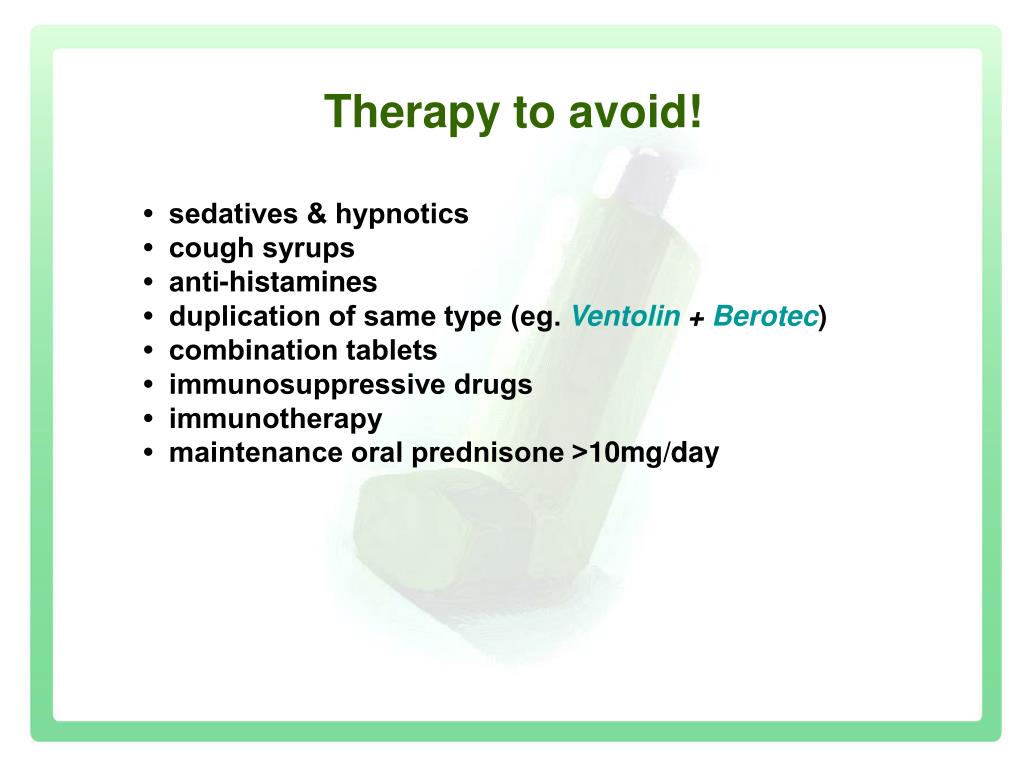

But be careful when using air conditioning as it tends to dry out the air, which again is a trigger. The air should be cool, rather than cold, as cold air can be a trigger. The temperature of the room, particularly the air you breathe, can worsen your asthma when too hot or too cold. Night Time Asthma Relief Tips Adjust Room Temperature and Air Humidity The correlation between asthma and sleep issues are quite high, people with asthma are 70% more likely to suffer from sleep apnea or other related sleeping issues, as they are more likely to experience sleep disruptions due to frequent night-time coughing, wheezing and breathlessness.īut what a lot of people are unaware of is asthma triggers have a lot to do with the sleep environment, with the most common triggers being house dust mites, air and even your sleeping position. If you find yourself asking “why is my asthma worse at night”, read on for some easy to implement techniques that will improve your night time asthma. This is referred to as nocturnal asthma, which is the worsening of symptoms at night. A further 47% said they’d suffered an asthma attack at night, either when they were asleep or while trying to get to sleep. A recent sleep survey found that 45% of people said they have difficulty sleeping due to their asthma, at least once a week. Difficulty breathing is a common symptom for asthma sufferers and unfortunately, for many sufferers, they experience asthma worse at night. Of these, around 80% also have allergies like hay fever. There's also a risk of severe asthma attacks, which can be life threatening.Night Time Asthma Suffering is Very CommonĪccording to National Asthma Council Australia over 2 million Australians have asthma, which is about 1 in 10 people. delays in growth or puberty in children.disruption of your work and leisure because of unplanned visits to a GP or hospital.underperformance at, or absence from, work or school.This is why it's important to follow your treatment plan and not ignore your symptoms if they're getting worse.īadly controlled asthma can cause problems such as: Complications of asthmaĪlthough asthma can normally be kept under control, it's still a serious condition that can cause a number of problems. Most people will have normal, active lives, although some people with more severe asthma may have ongoing problems. The symptoms can usually be controlled with treatment. In children, it sometimes goes away or improves during the teenage years, but can come back later in life. How long asthma lasts forĪsthma is a long-term condition for many people, particularly if it first develops when you're an adult. Identifying and avoiding your asthma triggers can help you keep your symptoms under control. allergies (to house dust mites, animal fur or pollen, for example).It may happen randomly or after exposure to a trigger. This makes the tubes highly sensitive, so they temporarily narrow. Causes and triggers of asthmaĪsthma is caused by swelling (inflammation) of the breathing tubes that carry air in and out of the lungs. preventer inhalers – used every day to prevent asthma symptoms happening.reliever inhalers – used when needed to quickly relieve asthma symptoms for a short time.Treatments for asthmaĪsthma is usually treated by using an inhaler, a small device that lets you breathe in medicines. The GP will usually be able to diagnose asthma by asking about symptoms and carrying out some simple tests.įind out more about how asthma is diagnosed. Several conditions can cause similar symptoms, so it's important to get a proper diagnosis and correct treatment. See a GP if you think you or your child may have asthma. The symptoms can sometimes get temporarily worse. a tight chest, which may feel like a band is tightening around it.a whistling sound when breathing (wheezing).There's currently no cure, but there are simple treatments that can help keep the symptoms under control so it does not have a big impact on your life. It affects people of all ages and often starts in childhood, although it can also develop for the first time in adults. Asthma is a common lung condition that causes occasional breathing difficulties.


 0 kommentar(er)
0 kommentar(er)
